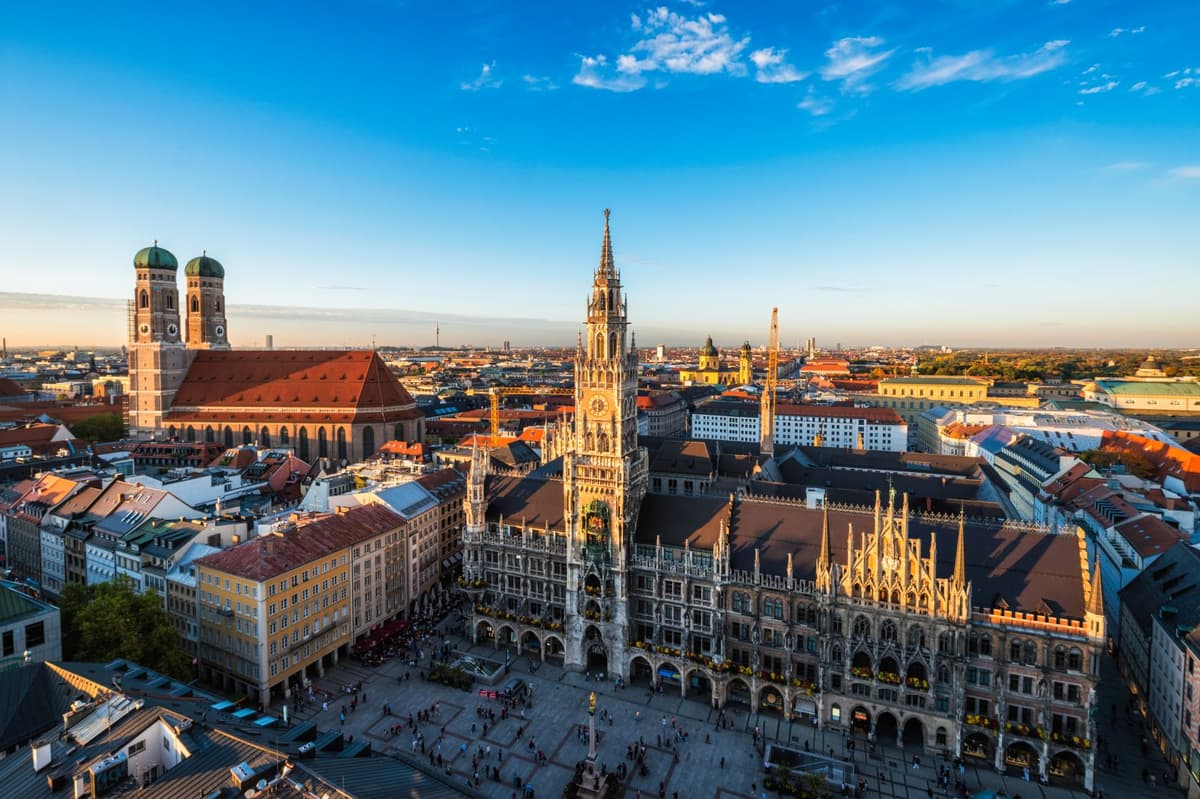Zero Association Proposes VAT Reduction to 6% for Domestic Electricity
The environmental association Zero has formally proposed a significant reduction in the Value Added Tax (VAT) on domestic electricity, urging the rate be lowered from 23% to 6%. In a statement released this Friday, the organization argued the measure is essential to correct a market distortion that makes electricity more than twice as expensive as natural gas for residential consumers. This pricing disparity, Zero claims, fundamentally undermines Portugal's national decarbonization goals by discouraging the transition to cleaner energy sources in households.
Zero's analysis of regulated tariffs reveals that the price of electricity stands at approximately €0.1658 per kilowatt-hour (kWh), compared to just €0.0785/kWh for piped natural gas. The gap is even more pronounced for beneficiaries of the social tariff, where electricity becomes nearly three times more costly. The association contends that this financial penalty on electricity, a source that is now 70% renewable in the country, while favoring a 100% fossil fuel, is an "unacceptable distortion." The proposed VAT cut would apply to all components of the electricity bill for the majority of domestic contracts (up to 6.9 kVA of power), directly addressing the cost barrier for families.
The statement further detailed that the high price of electricity is a key "entrave para a descarbonização" (a barrier to decarbonization). The organization attributes part of the problem to historical state and European Union investments in gas infrastructure, which have acted as an indirect subsidy for fossil fuel consumption. In contrast, the costs associated with maintaining and upgrading the national electricity grid are, by regulatory mandate, included in consumer bills, artificially inflating the final price. This structural issue means that even with highly efficient electric appliances, such as induction hobs or heat pumps, the operational cost can remain higher than their gas-powered counterparts.
Need Expert Guidance?
Get personalized insights from verified real estate professionals, lawyers, architects, and more.
The association also referenced the government's own E-LAR program, an initiative designed to help households replace gas appliances with electric ones. While Zero views the program as "a step in the right direction," it maintains that its effectiveness is limited by the current energy pricing. A significant tax reduction on electricity is needed, they argue, to unlock the full financial and environmental benefits of electrification. According to their calculations, a combination of the E-LAR incentives and a VAT cut would make the switch to all-electric homes overwhelmingly cost-effective for consumers.
In its appeal to policymakers, Zero has called for the Government and Parliament to adopt green fiscal policies in the next State Budget. This includes not only the VAT reduction but also the elimination of all direct and indirect subsidies for fossil gas consumption and a progressive increase in the Tax on Petroleum Products (ISP). The association also urged the Entidade Reguladora dos Serviços Energéticos (ERSE), the national energy regulator, to review its price calculation methodologies to align them with Portugal's climate commitments. The core message from the environmental group is that the current financial signals sent to consumers are in direct opposition to the country's stated environmental objectives, a contradiction they insist must be resolved swiftly.
Discover eco-friendly properties and green developments at realestate-lisbon.com.





